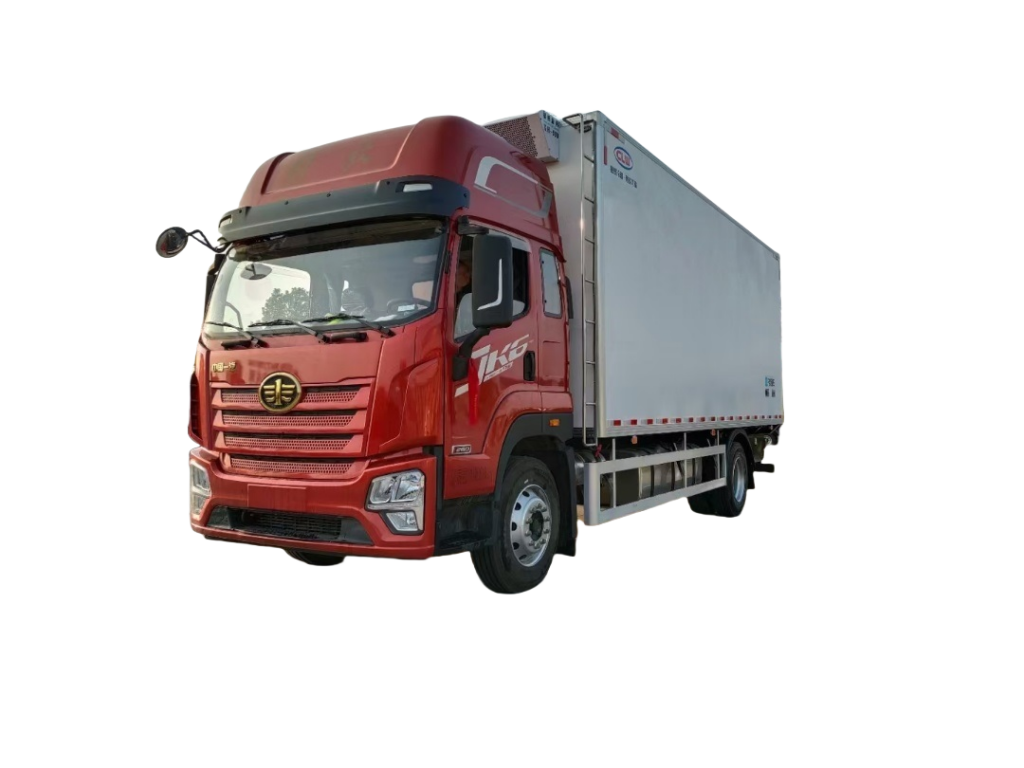Introduction:
Work truck trailers play a crucial role in various industries, from construction to transportation to agriculture. These trailers are essential for carrying heavy loads, equipment, and tools to job sites, making them indispensable assets for businesses that rely on them for their operations. However, ensuring the safety and compliance of work truck trailers is of utmost importance to prevent accidents, injuries, and costly downtime. Regular inspection and maintenance of these trailers are essential to keep them in optimal condition and comply with safety regulations. In this comprehensive guide, we will explore the importance of work truck trailer inspection, the key components to check, and best practices to ensure safety and compliance.
Importance of Work Truck Trailer Inspection:
Work truck trailer inspection is a critical aspect of fleet management and safety protocols for businesses that use these vehicles. Regular inspections help identify potential issues, defects, or wear and tear that could compromise the trailer's performance and safety on the road. By conducting thorough inspections, fleet managers and drivers can address problems early on, preventing breakdowns, accidents, and costly repairs down the line.
Furthermore, work truck trailer inspection is essential for ensuring compliance with regulatory standards and industry requirements. Many jurisdictions have specific regulations governing the maintenance and inspection of commercial vehicles, including trailers. Failing to comply with these regulations can result in fines, penalties, and even the suspension of operating licenses. By staying on top of inspections and maintenance, businesses can avoid legal repercussions and demonstrate their commitment to safety and compliance.
Best box trucks for furniture delivery of Work Truck Trailer Inspection:
When conducting a work truck trailer inspection, it is essential to pay attention to various key components to ensure the trailer is safe and roadworthy. Here are some of the critical areas to focus on during the inspection process:
1. Brakes: The braking system is one of the most critical components of a work truck trailer. Inspect the brake pads, drums, lines, and hydraulic system for signs of wear, damage, or leaks. Ensure that the brakes are functioning correctly and provide adequate stopping power.
2. Tires: Check the tire condition, tread depth, and inflation pressure. Worn or underinflated tires can increase the risk of blowouts and accidents. Replace or repair any damaged tires promptly to maintain road safety.
3. Lights and Electrical Systems: Inspect all lights, including headlights, taillights, brake lights, and turn signals, to ensure they are working correctly. Test the electrical connections and wiring for any faults or corrosion. Proper lighting is essential for visibility and signaling on the road.
4. Suspension and Axles: Check the suspension system, including springs, shocks, and axles, for signs of damage or wear. Ensure that the suspension components are properly lubricated and aligned to provide a smooth and stable ride.

5. Coupling Mechanism: Inspect the coupling mechanism, such as the hitch, fifth wheel, or pintle hook, to ensure it is secure and properly connected to the towing vehicle. Check for any signs of wear or damage that could compromise the trailer's attachment to the truck.
6. Cargo Securement: Verify that the cargo is properly secured and distributed within the trailer to prevent shifting or imbalance during transit. Use appropriate tie-downs, straps, and load bars to secure the load and prevent accidents.
7. Structural Integrity: Inspect the overall structural integrity of the trailer, including the frame, chassis, and body. Look for signs of rust, corrosion, cracks, or deformities that could weaken the trailer's structural integrity and safety.
Best Practices for Work Truck Trailer Inspection:
To ensure thorough and effective work truck trailer inspections, businesses should follow these best practices:
1. Establish a Regular Inspection Schedule: Develop a routine inspection schedule based on mileage, usage, or time intervals to ensure that trailers are inspected regularly. Create inspection checklists to guide drivers and maintenance staff through the process.
2. Train Drivers and Maintenance Staff: Provide training to drivers and maintenance staff on how to conduct proper trailer inspections. Educate them on the importance of thorough inspections and how to identify and address potential issues.
3. Use Technology and Tools: Leverage technology and tools, such as electronic inspection forms, diagnostic equipment, and maintenance software, to streamline the inspection process and keep accurate records of maintenance activities.
4. Conduct Pre-Trip Inspections: Encourage drivers to perform pre-trip inspections before every journey to check for any visible issues or defects that could affect the trailer's safety and performance on the road.
5. Document Inspection Results: Keep detailed records of inspection findings, repairs, and maintenance activities for each trailer. This documentation can help track the trailer's maintenance history and demonstrate compliance with regulatory requirements.
6. Address Issues Promptly: If any issues or defects are identified during inspections, address them promptly by scheduling repairs or maintenance with qualified technicians. Do not delay necessary repairs to prevent safety hazards.
7. Monitor Trailer Performance: Monitor the performance of trailers, including fuel efficiency, braking performance, and handling, to identify any changes or abnormalities that may indicate underlying issues requiring attention.
Conclusion:
Work truck trailer inspection is a critical aspect of maintaining safety, compliance, and operational efficiency for businesses that rely on these vehicles. By conducting regular and thorough inspections of key components, businesses can identify and address potential issues early on, preventing accidents and costly downtime. Implementing best practices, such as establishing inspection schedules, training staff, and using technology, can help streamline the inspection process and ensure that trailers remain safe and roadworthy. By prioritizing work truck trailer inspection, businesses can demonstrate their commitment to safety, compliance, and responsible fleet management.
